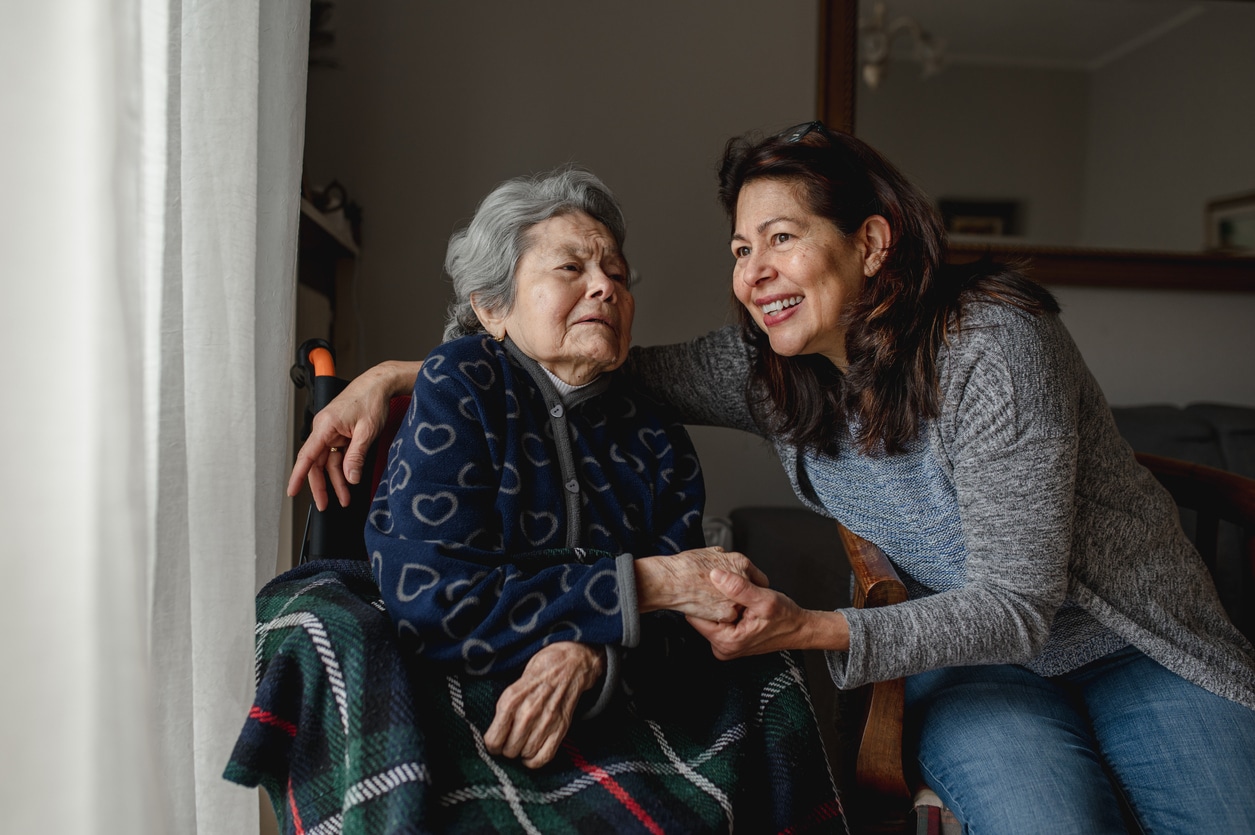As your parents get older, you may need to pay closer attention to their emotional and physical health. Writing things down will help you release some of the concern that understandably comes with having to commit everything to memory. Keeping a checklist for aging parents allows you to view things from a different perspective, and you’ll be better prepared if you need to take action.
This approach also helps initiate a conversation with your parents and siblings about the amount and type of care that may be required down the line. The Family Caregiver Alliance recommends discussing residential options, changes that could happen to your parents’ lifestyle (in the immediate and distant future), anticipated financial outlook, and any possible relocation options (assisted living, for example).
Before Your Parent Needs a Caregiver
The best time to start a checklist is before your parent needs caregiving assistance. Keeping a list of contacts and personal information can help you respond quickly to emergencies and will help you be proactive in monitoring changes to their health.
Here are some things to include on your checklist:
- Personal information (full name, social security number, insurance information)
- Professional contacts (doctors, lawyers, financial planners)
- Personal contacts (friends, social groups, people who volunteer to look in on your parent)
- Questions to ask your parent (How long would you like to stay in your home? Have you prepared financially for assisted living?)
- Current medical condition (overall wellness, list of prescriptions, diseases your parents are currently living with)
During the Caregiving Stage
A Fox Business report says that caregiving can be done more efficiently if you’re organized. They advise keeping “a spreadsheet of doctors, medications, surgeries, and appointments.”
In addition, by writing down small and large changes in your parent’s life, you’ll be better able to discuss their physical needs with health care professionals.
Things to include:
- Changes in Physical Health (weight gain or loss, fatigue, injuries, inability to dress themselves or bathe)
- General mental health (depression, forgetfulness, taking care of appearance)
- Relationship changes (between your parents, your parents and their friends, your parents and yourself)
- Stress levels (yours, your parent’s stress levels, siblings, etc.)
- Hobbies (things your parent enjoys doing, new things to try, fun ways to keep them mentally sharp)
- Environment (house/apartment maintenance, safety, moving in with you or a sibling)
- Caregiver schedule (including yours and those of social workers and people assisting you; vacation time)
Nearing End of Life
While it’s emotionally difficult to plan for your parent’s death, writing down worries can help you ensure that your parent’s requests will be taken care of as they wished. A checklist for aging parents can initiate a discussion that helps let go of fear and allows you to carry out their desires.
Things to ask include:
- Do you have a will or living will?
- Do you have specific wishes about your last days or funeral?
- Are there people you’d like me to contact so you can speak with them?
- What are your worries?
- What can I help with during this time?
Think of these checklists as a way to open up communication with your parents and not as a clinical way of handling their care. While the requirements of caregiving aren’t always wrapped up in a neat little package, a checklist can keep you ahead of difficult situations that can catch you off-guard.



